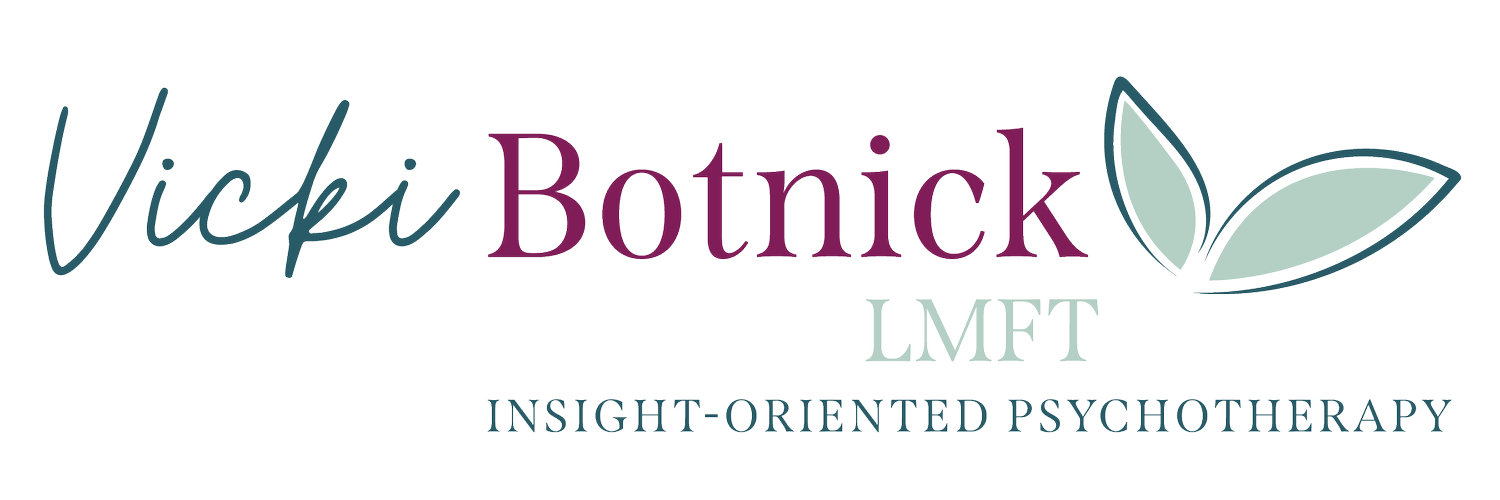When the Gifted Child Grows Up
There are plenty of articles about gifted children, and the benefits and drawbacks of that label. “Giftedness” is what we call intelligence, which is a wonderful quality to have and to have recognized by others. But along with the sharpness of mind and heart comes extra sensitivity and extra perceptiveness, which can feel like a burden. For kids, that can show up as inattentiveness at school, as they understand what’s being taught more quickly than the rest of the class; social struggles, as they feel different from their peers; and acting out, as they struggle to make sense of their “gifts.”
Less has been written about what happens to that child as he or she gets older. What I’ve seen in my practice is an abundance of intense, intelligent, perfectionist adults who are still wrestling with the same demons of boredom and hyper perceptiveness. They, too, have a hard time making friends they feel close to, finding work that challenges them, and quieting down their ever-active minds.
Are you one of those people who wanders through a party feeling lost, preferring one long, deep conversation in the corner of the room to the lively chatter at the cocktail bar? Do you find that your creative ideas aren’t appreciated at work, but your boss would rather you just follow orders without asking questions? Or do you suffer the existential angst of someone who is always aware that there’s more lurking at the corners of life, more questions, or conundrums, or despair?
Depression and anxiety have been linked to high intelligence, and it makes sense that the more we’re aware of, the less even and sunny our world view probably is. When your thought process isn’t simple, neither is your mood. In addition, boredom has recently been shown to create the same stress response in the brain as does danger. Gifted adults struggling to find work in a down economy, staying home with children or stuck at an unchallenging job can easily find themselves anxious and fretful.
So is it possible to find complexity and depth a positive quality, instead of a burden? Can we channel into creativity the desire to relentlessly look within and want more, instead of it leaving us feeling sapped? Giftedness, after all, often includes a flair for experimentation, flexible thinking, and a quick sense of humor. Perhaps one way to help focus these talents in a positive way, is to acknowledge their negative aspects. Gifted adults, like gifted kids, have impressive traits that can make them feel on some days like valedictorians, but other days like nerds. Realizing the burden of giftedness is a good first step to rising above it.
Learn more about anxiety therapy.
If you’re ready to find support with therapy, schedule a free consultation here.
